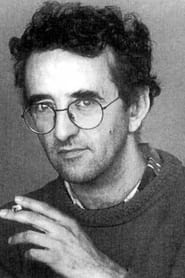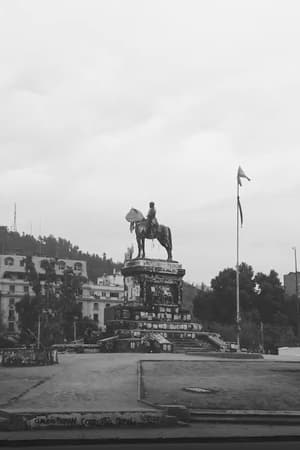
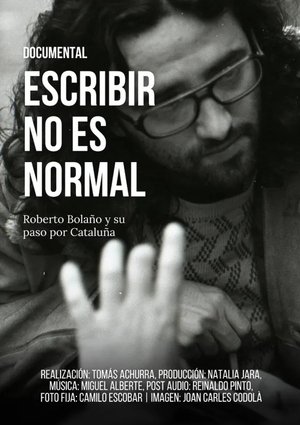
Escribir no es normal: Roberto Bolaño y su paso por Cataluña(2017)
Movie: Escribir no es normal: Roberto Bolaño y su paso por Cataluña
Top 3 Billed Cast
Lola Paniagua
Adrià Ibáñez

Escribir no es normal: Roberto Bolaño y su paso por Cataluña
HomePage
Overview
Release Date
2017-12-18
Average
0
Rating:
0.0 startsTagline
Genres
Languages:
CatalàEspañolKeywords
Similar Movies
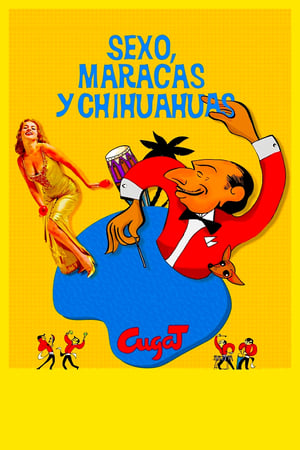 4.0
4.0Sex, Maracas & Chihuahuas(es)
A joyful tale filled with music. The rise of radio. The jazz big bands. The legendary clubs and ballrooms. The soundtracks of the great musical films and TV shows. Sex and romance, gangsters, luxury cars and palm trees. From Barcelona to New York, with a stop in Cuba. The birth of Las Vegas. The sound of the maracas. Chihuahuas everywhere. The incredible life story of Xavier Cugat (1900-90).
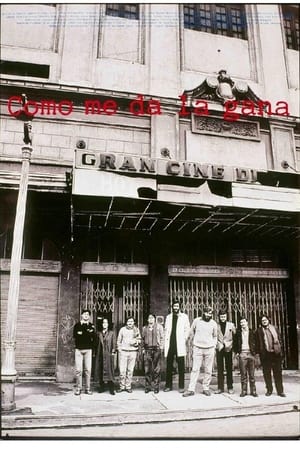 7.0
7.0The Way I Like It(es)
Agüero interrupts the filming of 5 films that are being made in Chile in 1984, to ask each director the meaning in their work, at a time when making films in Chile was almost prohibited.
 6.5
6.5The Right to Live in Peace(es)
A moving portrait of Chilean singer-songwriter and political activist Victor Jara (1932-73) that chronicles the life of the talented artist who was imprisoned, tortured and machine-gunned by the country's dictatorship.
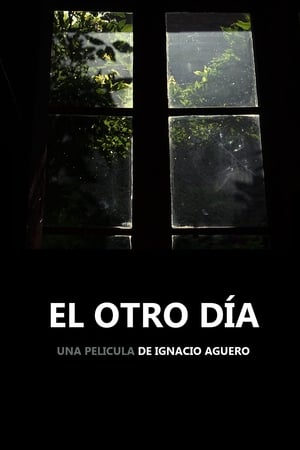 6.3
6.3The Other Day(es)
The house of the director has a door out to the sidewalk. This gate separates the inside from the outside. The interior contains the filmmaker's personal story and his world of objects, thoughts and imaginations. Outer space contains the city of Santiago de Chile. The stories of the world inside the house are interrupted when the doorbell rings unknown and thus come into the film.
 6.0
6.0Los locos que no pararon la tele(es)
The famous Spanish comedian Andreu Buenafuente, CEO of the production company El Terrat and prestigious TV host, tells how he and his numerous collaborators, both on set and behind the cameras, managed to carry on with their work despite the chaos and the several logistical and human problems caused by the global pandemic that began in early 2020.
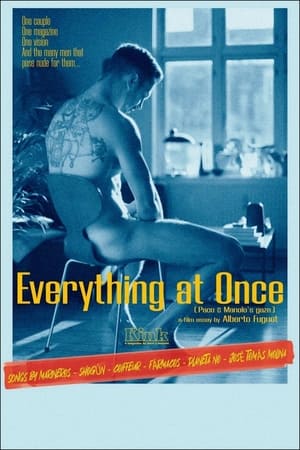 4.2
4.2Everything at Once (Paco & Manolo's Gaze)(es)
Paco and Manolo are two Catalan photographers from the outskirts of Barcelona who have been working together for thirty years as if they were a single person, capturing their images in Kink magazine, a very personal photography fanzine with a homoerotic aesthetic of Mediterranean essence.
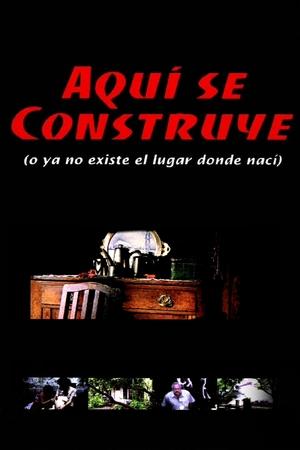 7.0
7.0Aquí se construye (o Ya no existe el lugar donde nací)(es)
Agüero is able to look at the scene in all it's complexity around architectonical brutality that Santiago de Chile underwent around the year 2000.
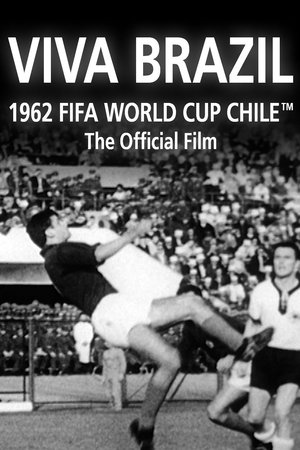 8.1
8.1Viva Brazil(en)
Chile was the venue for the 1962 finals, where holders Brazil were expected to regain their crown. The host, Chile, took them all the way in an epic semi-final, but the classy Brazilians eventually beat Chile 4-2 and went on to beat another surprise package, Czechoslovakia, 3-1 in a one-sided final.
 5.6
5.6SAGRADA: El misteri de la creació(en)
Gaudi's Sagrada Familia has been continuously under construction since 1882.
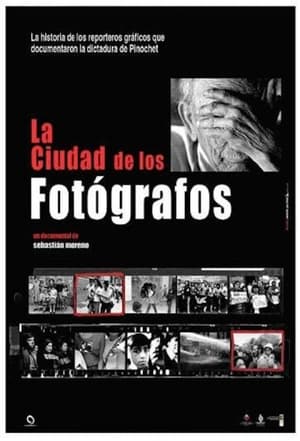 7.8
7.8City of Photographers(es)
A film about the fearless photographers and photojournalists who documented strikes, demonstrations, protests etc during the Chilean military regime of Augusto Pinochet, sometimes risking their very lives.
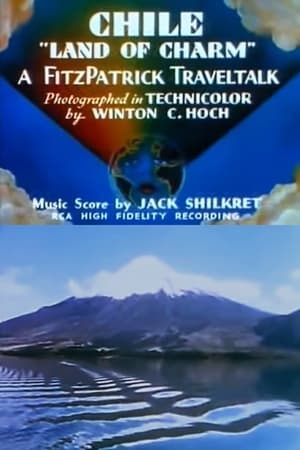 0.0
0.0Chile, Land of Charm(en)
This documentary short features Chile's history, culture, and customs.
 5.5
5.5Barcelona, la rosa de foc(en)
The many faces of Barcelona are portrayed in this documentary, shot in a false sequence shot that goes across the streets, squares, markets and bars of a city that is presented as both conventional and law-breaking, exquisit and shameless, elegant and dispossessed.
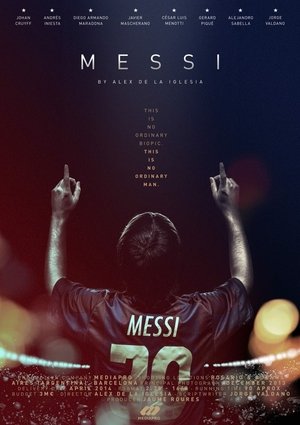 7.5
7.5Messi(es)
His teachers, coaches, childhood friends and Barça teammates, together with journalists, writers and prominent figures from the history of football, come together in a restaurant to analyze and pick apart Messi's personality both on and off the field, and to look back at some of the most significant moments in his life. Viewed from Álex de la Iglesia's unique perspective, Messi recreates the player's childhood and teenage years, from his very first steps, with a football always at his feet, through to the decision to leave Rosario for Barcelona, the separation from his family, and the role played in his career by individuals such as Ronaldinho, Rijkaard, Rexach and Guardiola.
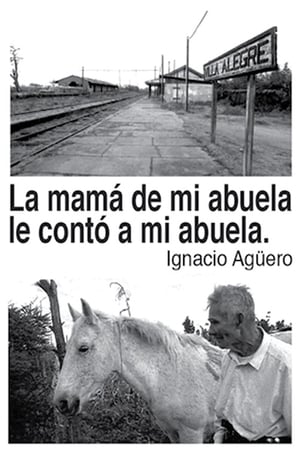 0.0
0.0My Grandmother's Mother Told My Grandmother(es)
Gathered by a theater company, a small town in Chile called Villa Alegre, looks deep into its origins and myths to tell their own history through a play.
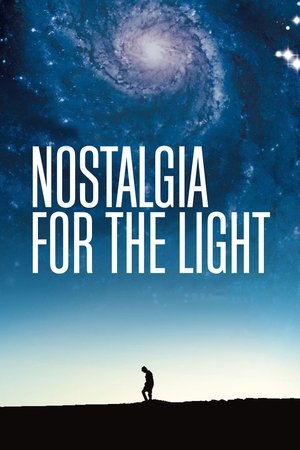 7.4
7.4Nostalgia for the Light(es)
In Chile's Atacama Desert, astronomers peer deep into the cosmos in search for answers concerning the origins of life. Nearby, a group of women sift through the sand searching for body parts of loved ones, dumped unceremoniously by Pinochet's regime.
 6.9
6.9The Pearl Button(es)
The ocean contains the history of all humanity. The sea holds all the voices of the earth and those that come from outer space. Water receives impetus from the stars and transmits it to living creatures. Water, the longest border in Chile, also holds the secret of two mysterious buttons which were found on its ocean floor. Chile, with its 2,670 miles of coastline and the largest archipelago in the world, presents a supernatural landscape. In it are volcanoes, mountains and glaciers. In it are the voices of the Patagonian Indigenous people, the first English sailors and also those of its political prisoners. Some say that water has memory. This film shows that it also has a voice.
 0.0
0.0Infiltrats(ca)
At the beginning of 2020 and for more than two years, at least four agents of the National Police Corps infiltrated various social movements in the Catalan Countries. They are part of the 33rd promotion of the Ávila Police School and act under the orders of the General Information Police Station. The documentary exposes the modus operandi and patterns of the police officers and reveals some of the mistakes that were key to discovering them.
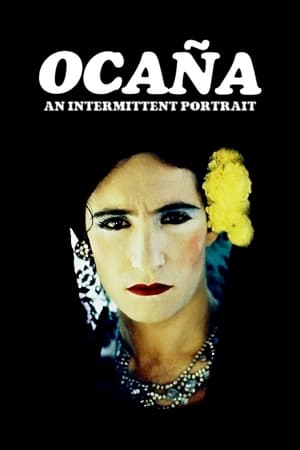 4.4
4.4Ocaña: An Intermittent Portrait(es)
A sincere portrait, and in first person, of the multifaceted Andalusian artist José Pérez Ocaña.
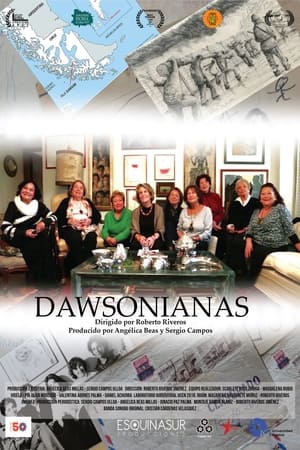 0.0
0.0The Dawsonians(es)
During the first days after the 1973 Chilean coup d’état, the political leadership of the Popular Unity government was arrested and transferred to Dawson Island, Magallanes Region, extreme south of Chile and the mainland. The wives of the then political prisoners began an incessant effort to find out the whereabouts of their husbands and then try to return them alive. In these circumstances, they meet and spontaneously organize into a group they call the “Dawsonianas.”
